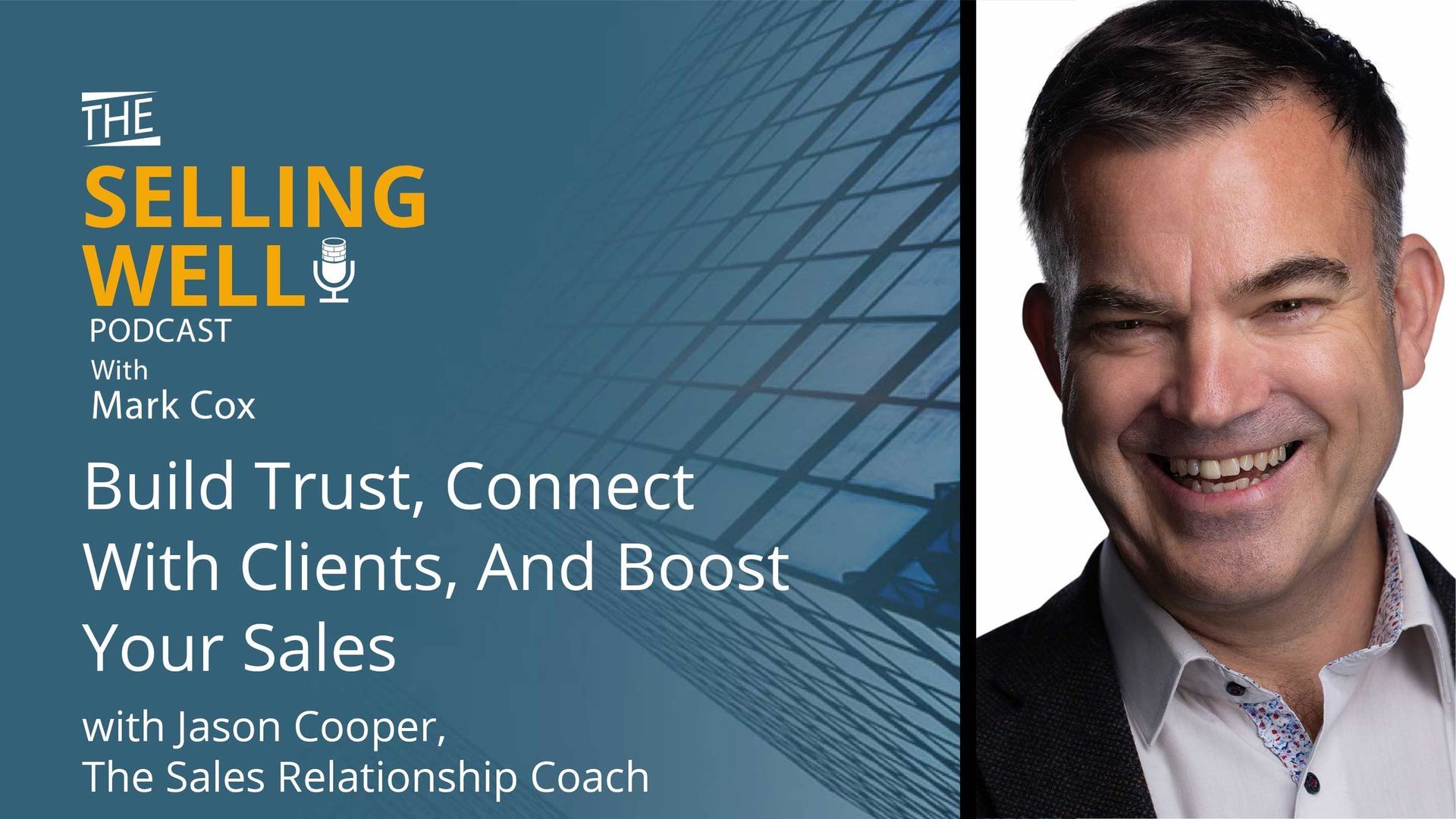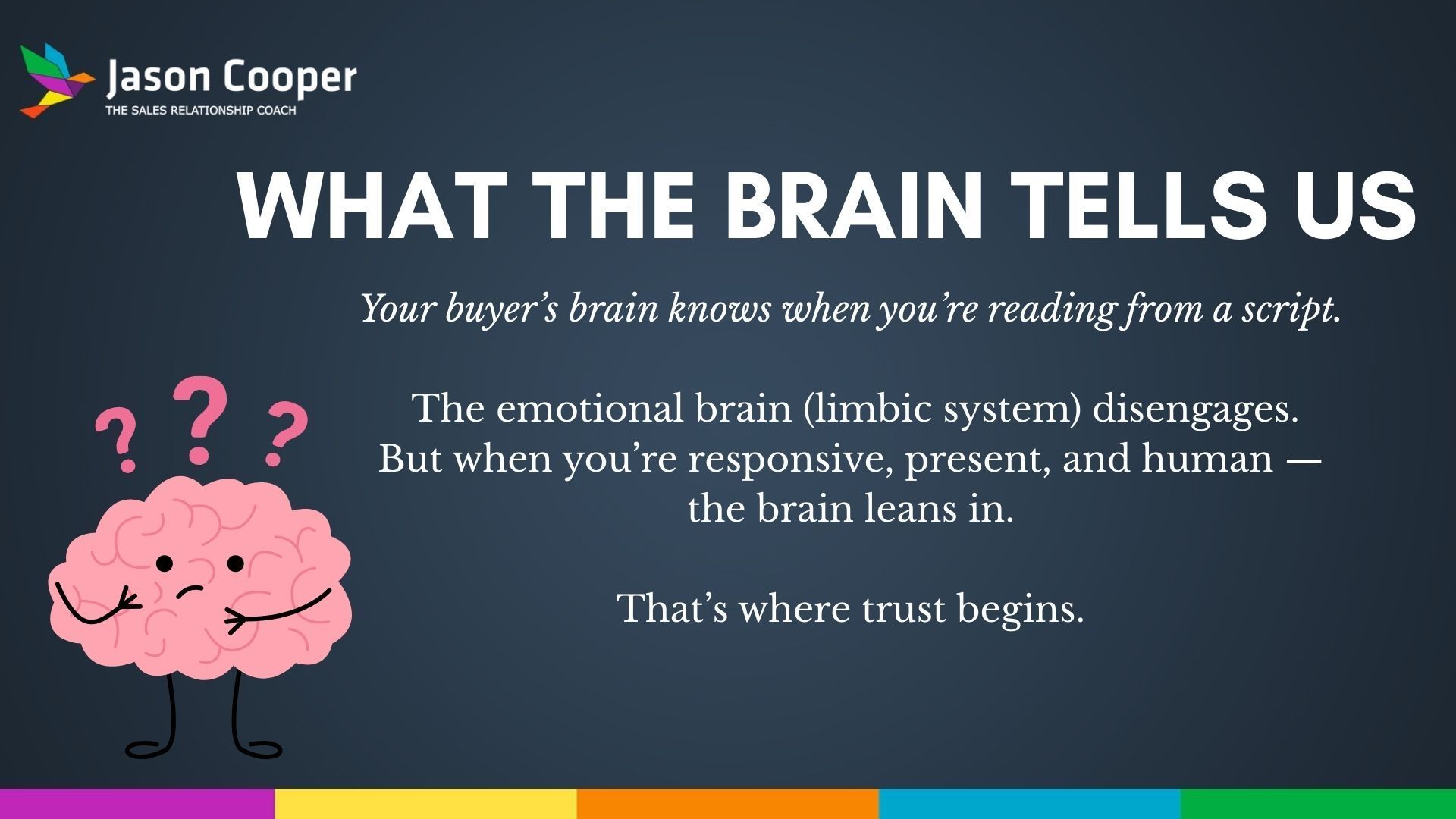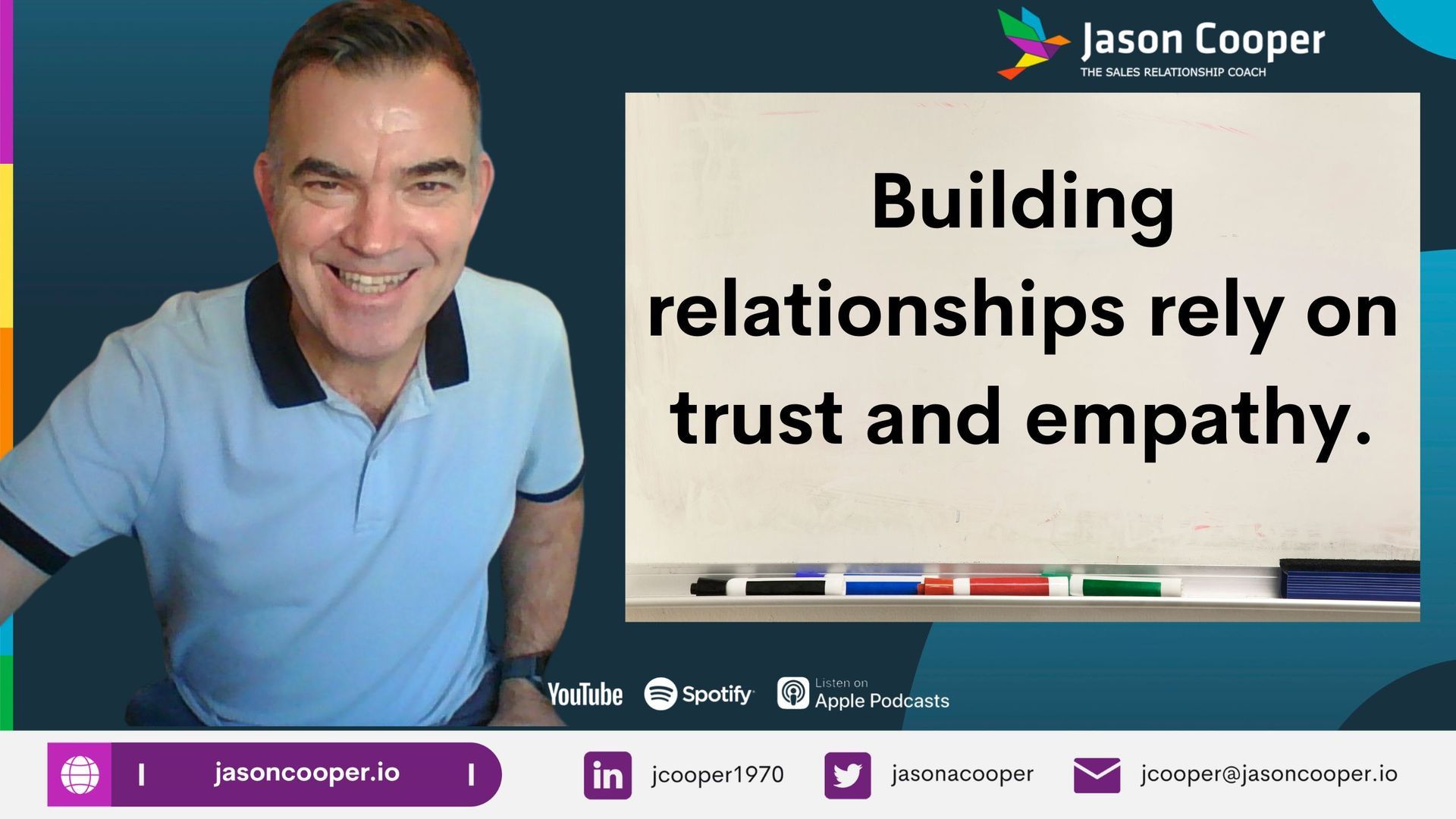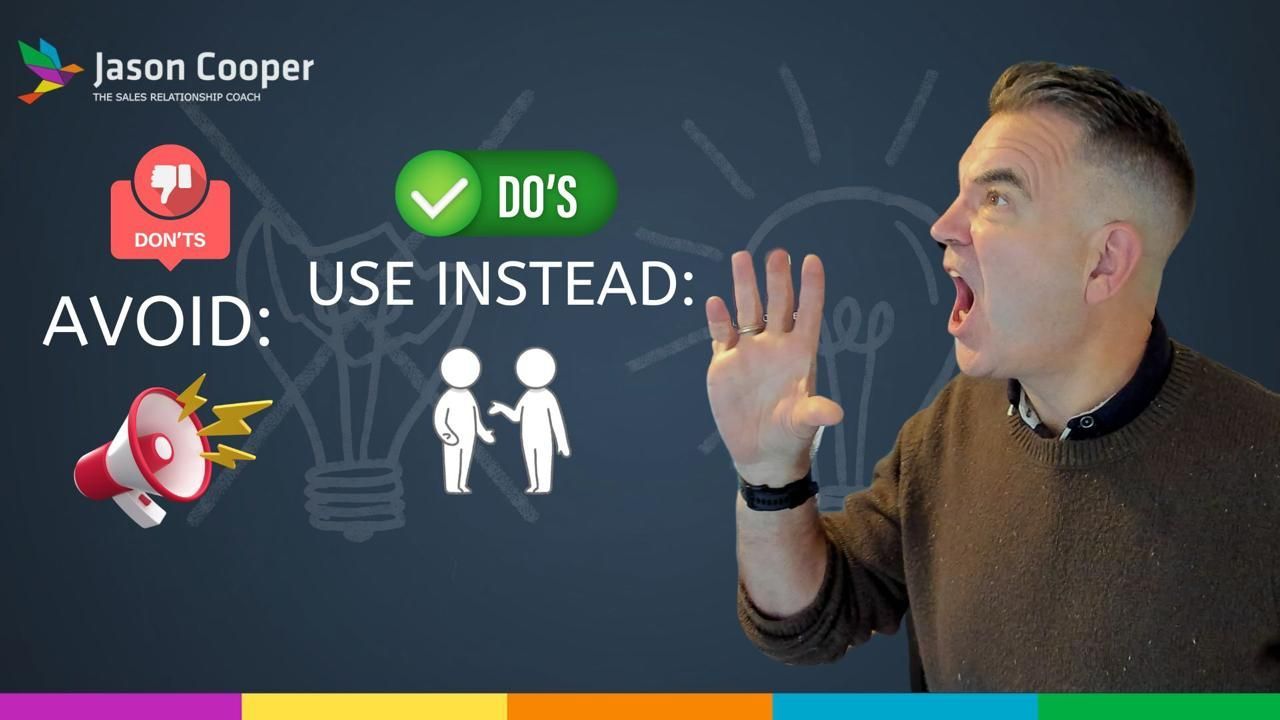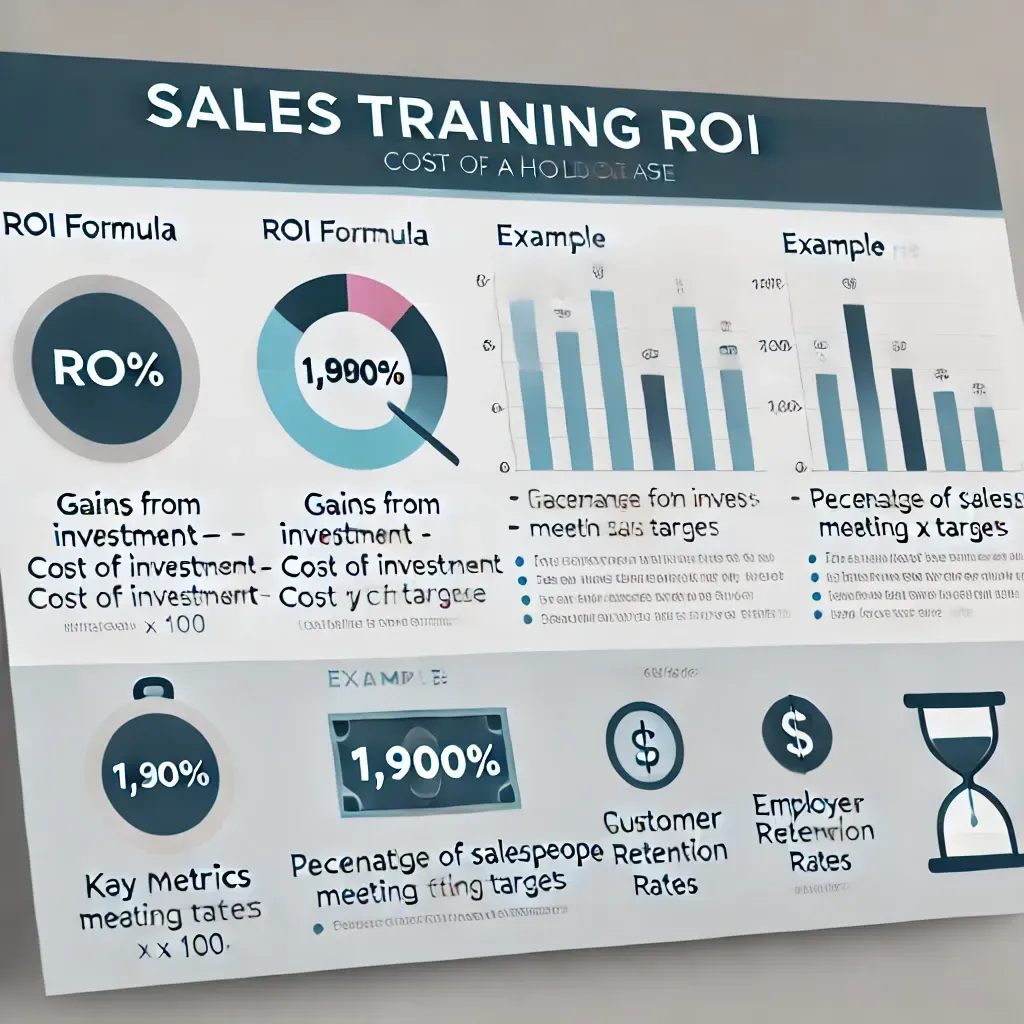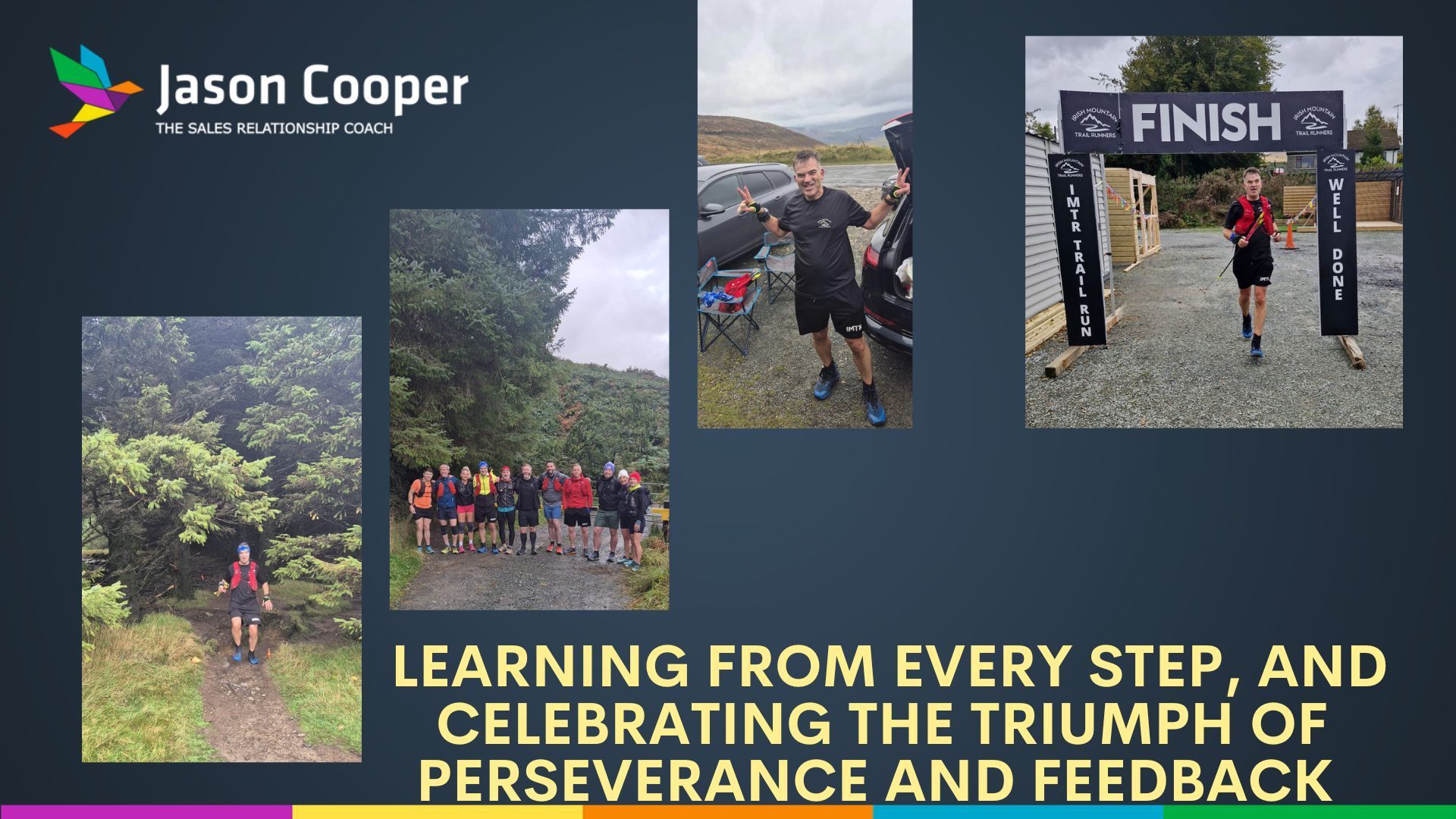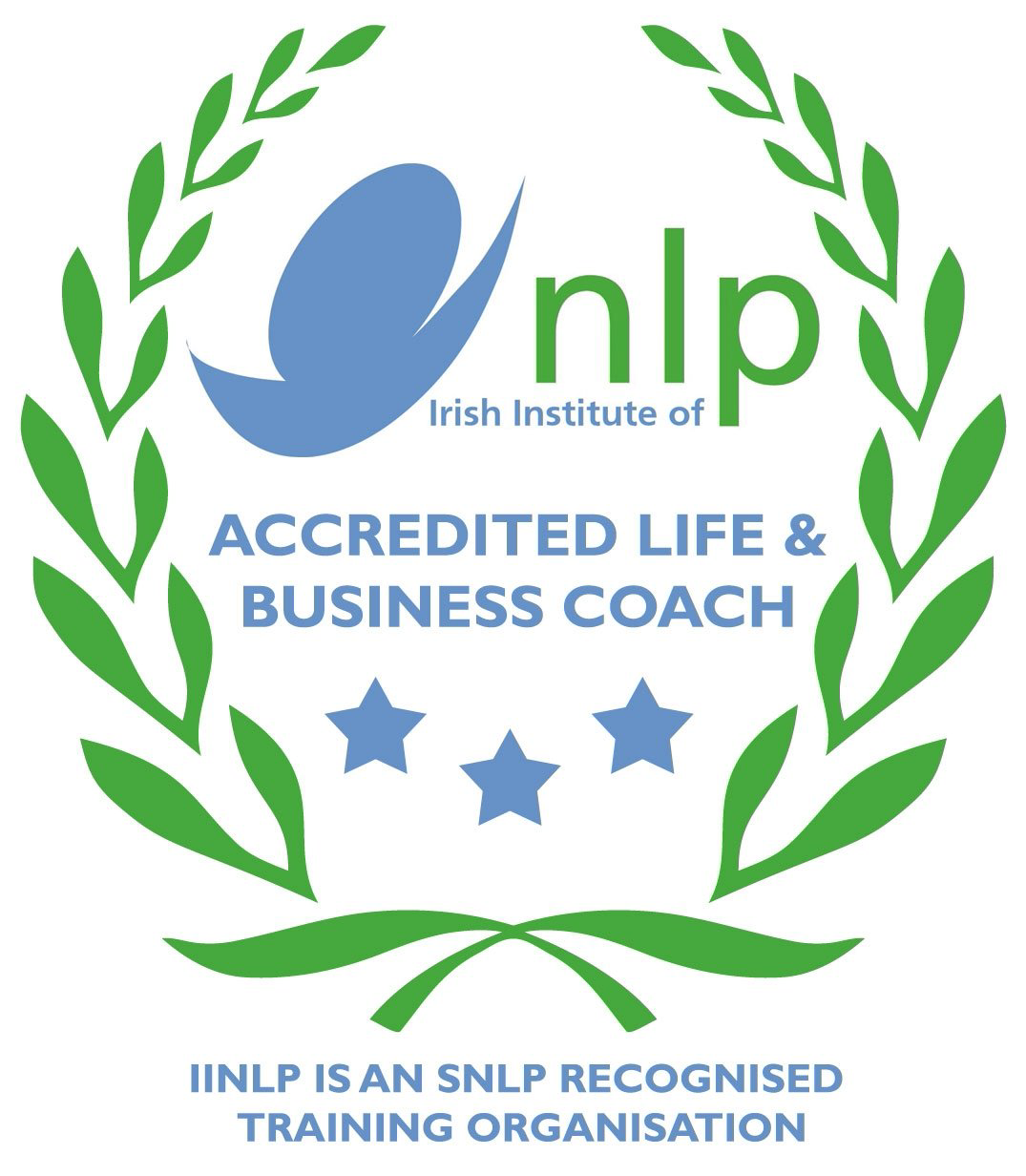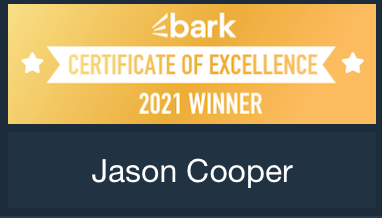Connect Your Passion With Your Purpose To Your Dream
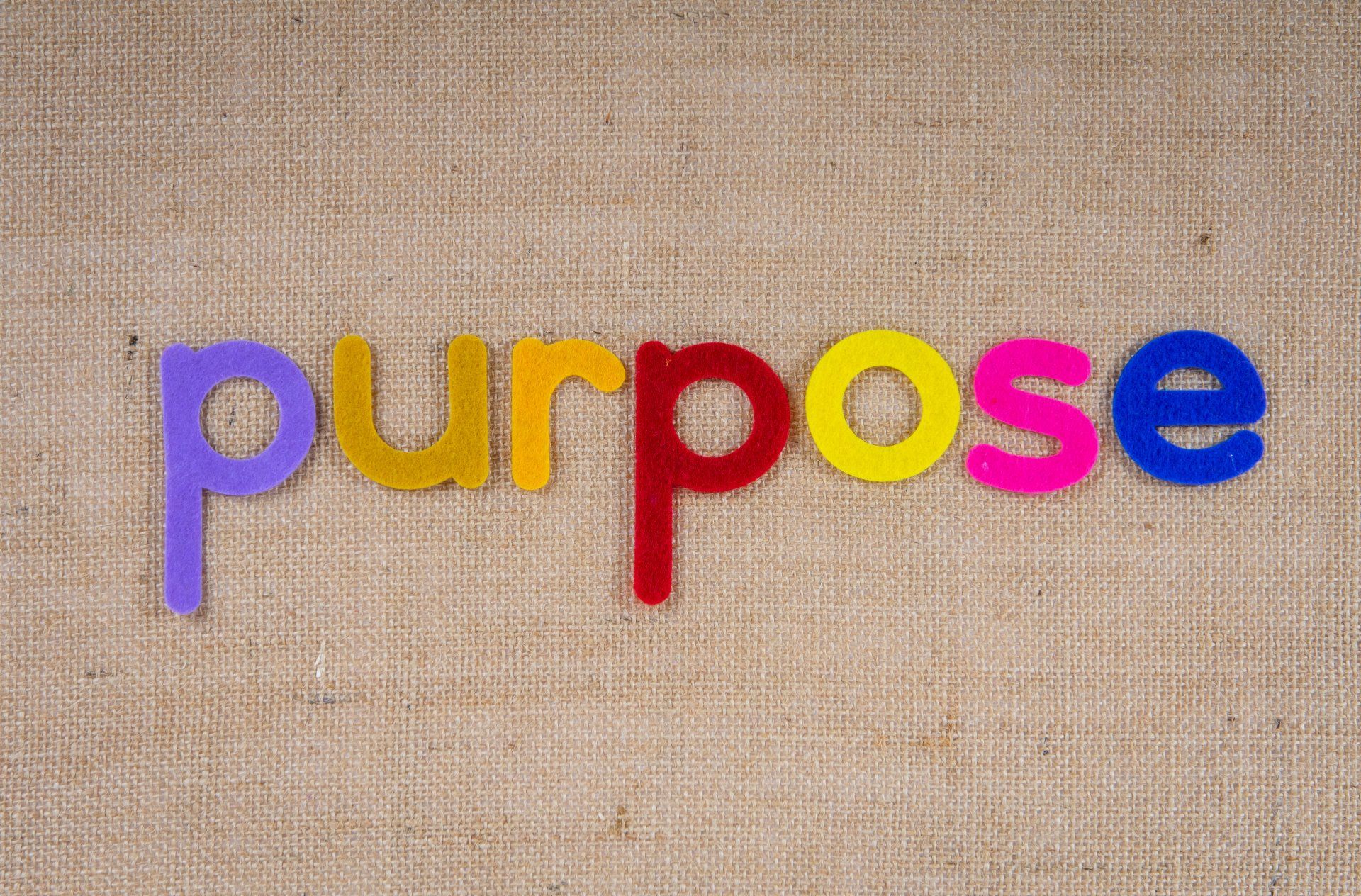
Have you ever found yourself wondering what your true purpose in life is? It's a common question and one that can be difficult to answer. But did you know that understanding your purpose can help you connect with your dreams and passions? In this newsletter, we'll explore some strategies to help you discover your purpose, and how it can help you achieve your goals.
Studies have shown that only 20% of managers know what their purpose is, and how they use it to achieve their goals. This means that a vast majority of people are missing out on the benefits of having a clear sense of purpose. But what exactly is the purpose? According to the British Psychological Society, there are six varieties of purpose:
- Survival purpose
- Pre-existing purpose
- Persona - accumulative purpose
- Altruistic idealist purpose
- Self-expansive purpose
- Transpersonal purpose
Understanding which type of purpose resonates with you can be a great starting point for discovering your sense of purpose.
So, how can knowing your purpose help you connect with your dreams and passions? Simply put, when you have a clear sense of purpose, you can align your goals and actions with what truly matters to you. This can help you feel more fulfilled and motivated, and can also help you make better decisions. For example, if your purpose is to help others, you may find that pursuing a career in healthcare or social work is more fulfilling than a career in finance.
As a leader, understanding your purpose can also help you motivate and inspire others to achieve their goals. When you know what drives you, you can use that knowledge to help others find their sense of purpose and passion. This can create a more positive and productive work environment, and can also lead to greater job satisfaction and success for everyone involved.
So, how can you discover your purpose? There are many strategies you can use, such as journaling, reflecting on past experiences, or seeking guidance from a mentor or coach. The key is to take the time to reflect on what truly matters to you and to be open to exploring new possibilities.` = The ability to understand your purpose can be a powerful tool for connecting with your dreams and passions, as well as motivating and inspiring others. Discovering your own sense of purpose can help you and those around you live a more fulfilling and successful life.
Here are some questions that can help you work out what your purpose is:
- What activities or tasks do you find most fulfilling and enjoyable?
- What values do you hold most dear?
- What problems or challenges in the world do you feel most passionate about solving?
- What activities or tasks do you find yourself most naturally drawn to?
- What do others often seek your advice or guidance on?
- What are some of the most significant accomplishments or achievements you’ve experienced in your life?
- What brings you a sense of meaning and purpose in your daily life?
- What do you believe your unique talents or strengths are?
- If money were no object, how would you spend your time?
- What legacy do you hope to leave behind?
Remember, the process of discovering your purpose is unique to each individual, and it may take some time and reflection to uncover what truly matters to you. Use these questions as a starting point, and don't be afraid to seek guidance and support from others along the way. Good luck!
Discovering your purpose and using it to help others can create a ripple effect, making a positive impact on the world around you. Here are some ways to create that ripple effect and make a lasting impact:
- Share your story: By sharing your own journey of self-discovery and purpose, you can inspire and motivate others to embark on their own journeys of self-exploration and growth.
- Be a mentor: Use your experience and knowledge to mentor others, helping them to identify their own purpose and achieve their goals.
- Volunteer: Find opportunities to give back to your community and make a positive impact on the world around you.
- Lead by example: Be a role model for others, demonstrating the power of living with purpose and passion.
- Speak up: Use your voice to advocate for causes and issues that align with your purpose and values.
Below are some excerpts from my Global Sales Leader Podcast with my good friend Tom Ziglar
As we navigate through uncertain times, it's natural to start thinking about our purpose and why we are here. It's no longer acceptable to settle for jobs that make us unhappy because we believe there's nothing else out there. Instead, people are becoming more receptive to stepping into their purpose and doing what they love. This has presented an opportunity to serve those who are looking to make a change.
During times when your life feels uncertain, it's important to adopt the right mindset. As a sales professional or leader, the first thing you need to do is own your mindset. You must determine how you're going to think, what you're going to believe, and how you're going to respond to whatever comes. Expecting the best is a great place to start. When we create the future we see, we can visualize what we want to see and see it as if it's already present.
To create the right mindset, I have developed what I call "the three buckets."
The first bucket contains every skill, experience, gift, and talent that makes you uniquely you.
The second bucket contains all the relationships you have or has had in the past, including personal, family, and business relationships.
The third bucket contains all the relationships you want to have in the future. Write down their names and ask yourself what problems they face today and how you can be the solution.
When you solve a problem, you're often rewarded with a certificate of appreciation in the form of money. This is where your purpose comes in. God is never happier with his children than when they're solving the problems of others. During a crisis, people tend to focus on the problem and spiral downhill. But if you can focus on the problems other people are facing and figure out how you can be the solution, you move from problem to solution, and that's where hope comes in.
In summary, adopting the right mindset, focusing on the problems you can solve, and getting busy solving those problems is the key to success during these uncertain times. It's not just about sales; it's about serving others and solving their problems. It's about being the solution they need.
Remember, creating a ripple effect and making a lasting impact is about taking small, consistent actions over time. By staying true to your purpose and values, and by using your gifts and talents to help others, you can create a positive impact that resonates far beyond your own life.
Beliefs matter in creating a positive mindset in sales and leadership
Our beliefs are the lenses through which we view the world, and they have a profound impact on our thoughts, actions, and interactions with others. Our beliefs shape our reality, and they can either empower us or hold us back from achieving our full potential.
A positive belief about ourselves is essential for personal growth and development. It means that we believe in our capabilities and worthiness, and we approach life with a growth mindset. This type of mindset allows us to embrace challenges, learn from our mistakes, and strive for continuous improvement. With a positive belief about ourselves, we can overcome obstacles and achieve our goals, even in the face of adversity.
To cultivate a positive belief about ourselves, we need to examine our core beliefs and identify any negative or limiting beliefs that we may have. Negative beliefs can include thoughts such as "I'm not good enough," "I can't do it," or "I don't deserve success." These beliefs can hold us back from taking action and reaching our
full potential.
Once we have identified our negative beliefs, we can start reframing them into positive and empowering beliefs. For example, instead of saying "I'm not good enough," we can say "I am capable and worthy of success." By changing the language we use to talk to ourselves, we can shift our perspective and cultivate a more positive and empowering mindset.
Creating a better understanding of ourselves is essential for personal growth and development. When we have a better understanding of our beliefs, values, and motivations, we can make better decisions and take
actions that align with our goals and
aspirations. Understanding ourselves also allows us to connect with others on a deeper level, as we can empathize and relate to their experiences.
As leaders, managers, or anyone who wants to build solid and meaningful relationships, understanding what makes a difference in others is critical. To connect with others, we must first understand ourselves. We can
build trust, respect, and authenticity by cultivating positive beliefs about ourselves and understanding our thoughts, emotions, and behaviours.
Ultimately, our beliefs shape our world, and they influence our perceptions of ourselves and others. Possessing a positive and empowering mindset is critical for personal growth and development, and creating a better understanding of ourselves is critical for building strong, meaningful relationships. By reframing our negative beliefs and embracing a
growth mindset, we can achieve our goals and lead others with
authenticity and empathy.
Confirmation bias is a cognitive bias that affects how we perceive and interpret information in a way that confirms our preexisting beliefs. This can have a powerful impact on our worldview, shaping how we see ourselves and others. However, we can change this limiting belief by being aware of our confirmation bias and making a conscious effort to challenge our beliefs. By doing so, we can create new neural pathways in our brains and start to think in a different, more positive way. Ultimately, this
change starts from within and requires a commitment to
self-reflection and growth.
You can use the following questions to help you create a better core belief:
What evidence supports my current belief? Is it based on facts, or is it simply an assumption or interpretation?- How has this belief affected my life so far? Has it helped or hindered me in achieving my goals?
- What would be the best-case scenario if I adopted a different belief? How would my life be different?
- What's the worst-case scenario if I change my belief? What am I afraid of losing or experiencing?
- What would be a more empowering belief to replace my current belief? How can I reframe my thinking to support this new belief?
- Who do I know or admire that embodies the belief I want to adopt? How can I model their behaviour and mindset?
- What actions can I take to reinforce this new belief? How can I practice it daily?
Remember, changing a core belief can be a challenging process, but with persistence and self-reflection, it's possible to shift to a more
positive and empowering mindset. Be patient with yourself and trust the process.
If you're ready to start cultivating a positive and empowering mindset, and to take action towards achieving your goals, it's time to reach out for help. As a coach and trainer, I have experience working with individuals to help them look within themselves and identify limiting beliefs that may be holding them back. I can provide strategies and support to help you reframe your thinking, focus on your strengths, and cultivate a growth mindset.
Don't let negative self-talk and limiting beliefs stand in the way of your success. It's time to take action and create a better understanding of yourself, so you can serve others effectively and achieve your own goals.
Contact me at jcooper@jasoncooper.io to learn more about how we can work together to expand your learning and create meaningful behavior's change.
Let's take the first step towards creating the life you truly deserve.
High Performance Blog

